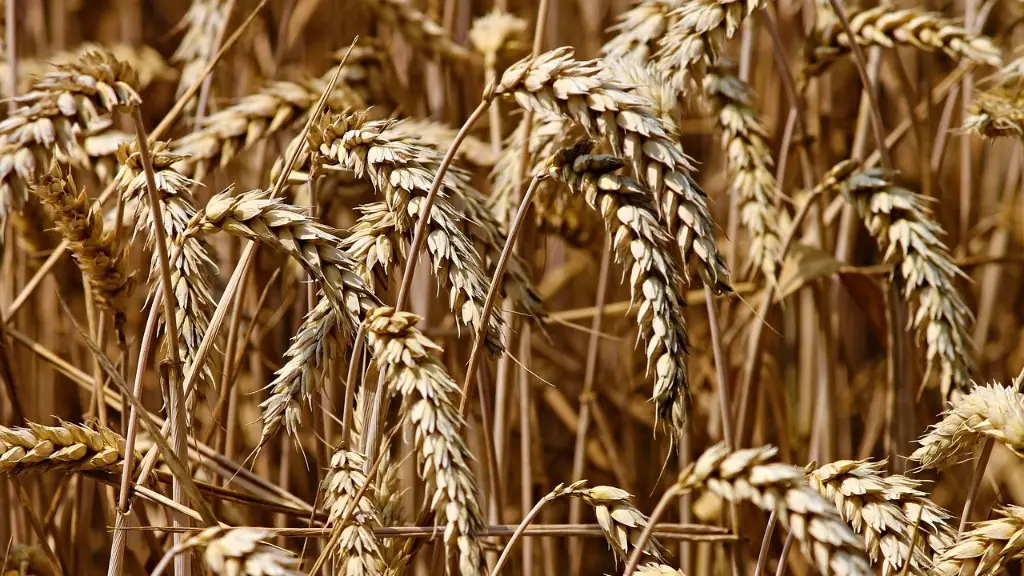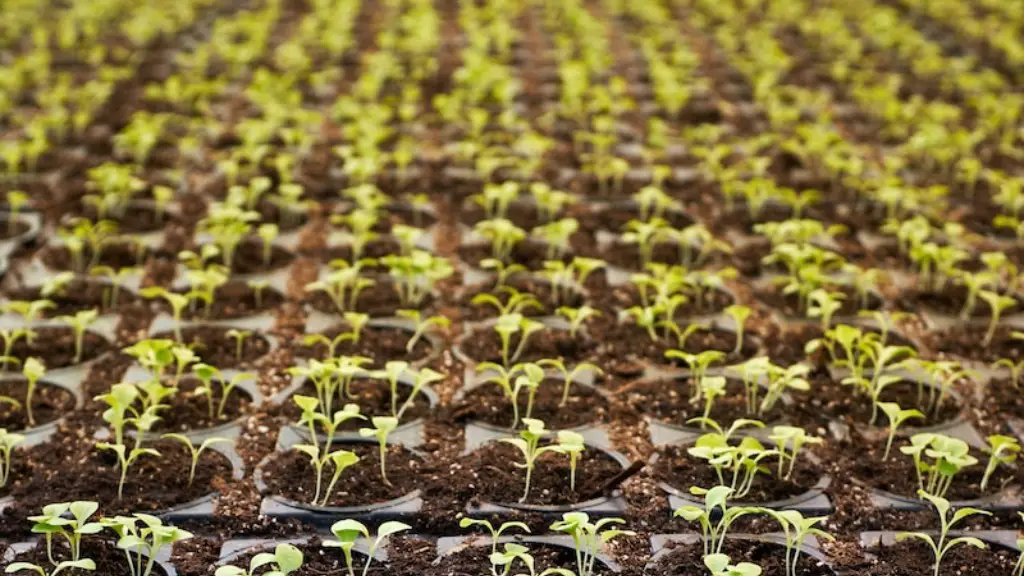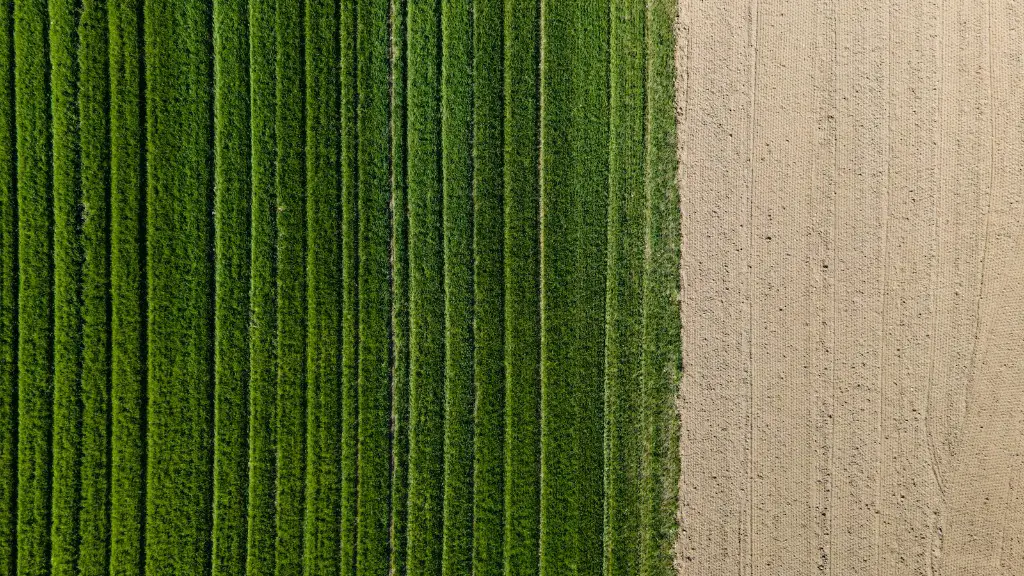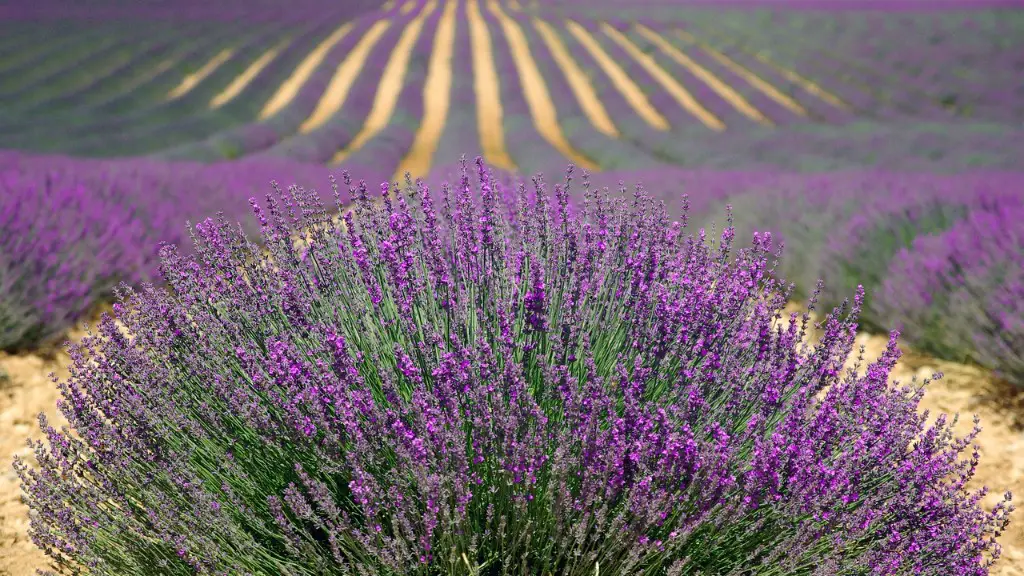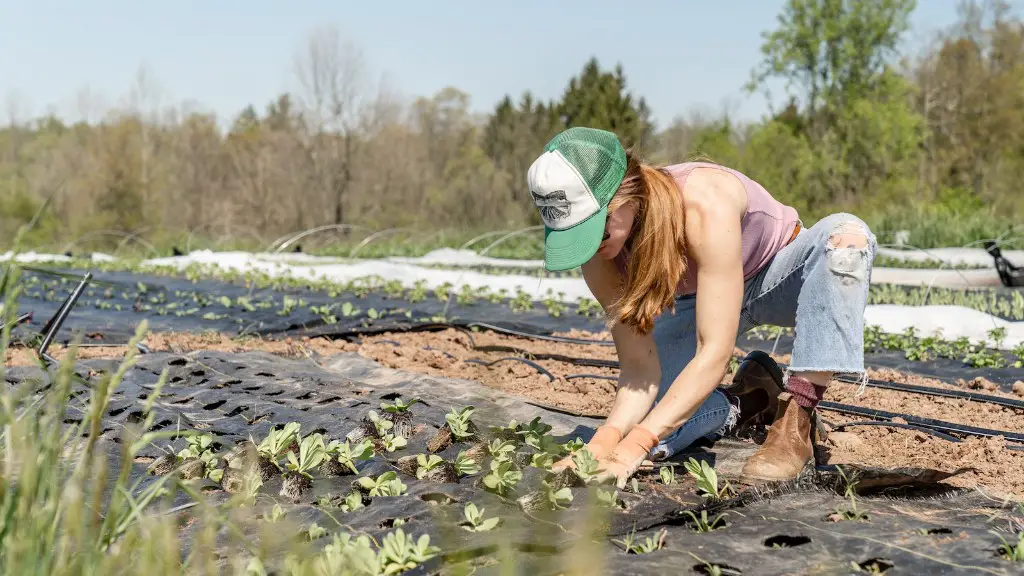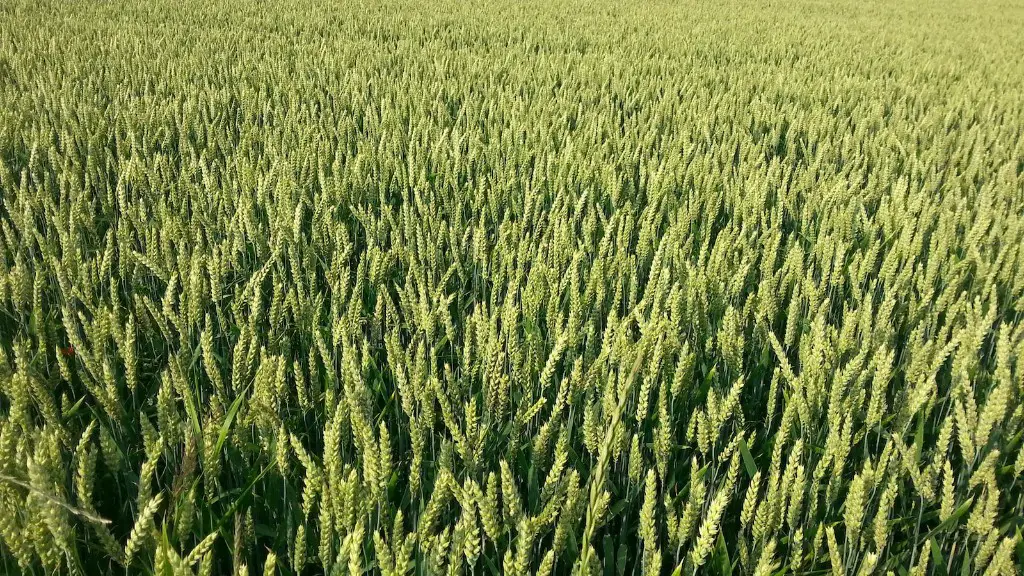In agriculture, organic farming is a method of crop and livestock production that involves much more than choosing not to use pesticides, fertilizers, genetically modified organisms, hormones, and other synthetic chemicals. Organic farmers rely on crop rotation, animal manure, green fertilizers, and mechanical cultivation to maintain soil health and control weeds and pests. These practices nurture the cycling of resources, promote ecological balance, and conserve biodiversity.
Organic farming is a type of agriculture that focuses on producing food through sustainable and environmentally-friendly practices. This includes using natural methods to enhance crop growth, such as composting, and avoiding the use of synthetic pesticides and fertilizers. Organic farmers also strive to create a balance between the needs of the land and the plants and animals that live on it.
What do you mean by organic farming?
Organic farming is a great way to produce food while preserving natural resources and protecting animal welfare. The high level of biodiversity on an organic farm helps to keep the ecosystem healthy and functioning properly. In order to be certified as organic, farmers must meet strict standards set by the government or a third-party certifying organization. These standards ensure that organic farmers are using environmentally-friendly practices and that their animals are well-cared for.
Organic farming is a type of agriculture that relies on natural processes, rather than the use of synthetic inputs, to foster plant and animal growth. There are many different types of organic farming, each with its own unique set of practices.
The most common type of organic farming is pure organic farming, which relies solely on natural processes to grow crops and raise livestock. This type of farming is often considered to be the most environmentally friendly, as it minimizes the use of synthetic inputs that can pollute the air, water, and soil.
Integrated organic farming is another common type of organic farming. This type of farming combines traditional organic methods with modern technology to create a more efficient and productive system. For example, crop rotation, green manure, and compost are used to improve soil health, while biotechnology is used to control pests and diseases.
Soil management is an important aspect of all types of organic farming. Farmers must carefully monitor the health of their soils to ensure that they are able to provide the necessary nutrients for plants and animals. Controlling pests and diseases is also critical to the success of organic farms.
Organic farming can be used to produce a variety of food products, including fruits, vegetables, meat, and dairy. organic
What are the 3 basic principles of organic farming
Organic agriculture is a holistic production management system that promotes and enhances agro-ecosystem health, including biodiversity, biological cycles, and soil biological activity. It is based on minimal use of off-farm inputs and on management practices that restore, maintain, and enhance ecological harmony.
“Principles of Health, Ecology, Fairness and Care” are the foundation of organic agriculture.
Organic farmers use natural fertilizers, where crop rotation improves soil fertilization and the soil remains fertile Inorganic farming land and soil degrade over time because of the use of artificial pesticides and the soil becomes infertile due to exploitation.
What is benefit of organic farming?
Organic farming has many benefits compared to conventional agriculture. It uses fewer pesticides, reduces soil erosion, decreases nitrate leaching into groundwater and surface water, and recycles animal wastes back into the farm. However, these benefits are counterbalanced by higher food costs for consumers and generally lower yields.
Biodiversity is a key strategy for pest control in organic farming. Crop diversity, focus on renewable resources, genetic modification, livestock pest control, and soil management tools are all common practices that help to control pests and promote healthy ecosystems.
What organic farmers avoid?
Organic foods are those that are grown and processed without the use of synthetic pesticides, herbicides, fertilizers, genetically modified organisms, growth hormones, or antibiotics. Methods like irradiation, sewage sludge, and genetic engineering are all expressly prohibited from being used when growing or processing organic foods. This ensures that the food is safe and free from harmful chemicals and additives.
Carbon crops are a key component in promoting sustainable soil fertility and are an essential part of compost to feed calorie crops. It is recommended that carbon crops be planted in 60% of the total planted area.
What are the disadvantages of organic farming
There are a few disadvantages to organic farming. Firstly, organic food is more expensive because farmers do not get as much out of their land as conventional farmers do. Secondly, production costs are higher because farmers need more workers. Thirdly, marketing and distribution is not efficient because organic food is produced in smaller amounts.
Organic farming has been gaining popularity in recent years due to the many benefits it offers. Organic farming is environmentally friendly, promotes sustainable development, and produces healthy and tasty food. Additionally, organic farming is an inexpensive process that uses organic inputs. Organic farming also generates income through exports and provides a source of employment.
What is the key ingredient in organic farming?
Organic farming is a type of agriculture that relies on natural processes, rather than the use of synthetic inputs, to improve crop productivity and soil health. Organic farmers use management practices that restore, maintain, and enhance ecological harmony. These practices include using compost, green manure, and mineral powders to nourish the soil; crop rotation and intercropping to improve soil fertility and water holding capacity; and minimal tillage to reduce soil disturbance. By using these practices, organic farmers can produce high-quality crops while protecting and even improving the natural environment.
The principle of health, The principle of ecology, The principle of fairness and The principle of care all emphasize on the importance of healthy soil. If the soil is healthy, it will grow healthy crops which will lead to healthy animals as well. These principles are essential in order to maintain a healthy and sustainable ecosystem.
Is organic farming better for farmers
Organic farming is a type of agriculture that relies on natural processes, rather than the use of synthetic inputs, to enhance crop production. It is a holistic system that focuses on creating a balance between the environment and the needs of the plants and animals involved.
While conventional agriculture relies heavily on synthetic fertilizers, pesticides, and other chemicals, organic farmers use green manure and compost to feed the soil, and natural pest control methods to keep pests and diseases in check. These methods result in a smaller carbon footprint and help to conserve and build soil health. In addition, organic farming helps to replenish natural ecosystems, providing cleaner water and air. And since there are no toxic pesticide residues, organic farming is also better for human health.
There is little evidence to support the claim that organic crops are nutritionally superior to conventional or GMO crops. Numerous studies have found no significant nutritional advantage of organic over conventionally grown foods.
Why organic farming is better than other farming?
Organic agriculture can help reduce the reliance on non-renewable energy sources, as it requires less agrochemicals to produce. This in turn can help mitigate the greenhouse effect and global warming, as organic agriculture has the ability to sequester carbon in the soil.
Organic farming systems have many advantages over conventional farming systems. They are more resilient to drought and earn greater profits for farmers. They also leach no toxic chemicals into waterways and use less energy.
What are the advantages and disadvantages of organic farming
Organic farming has many advantages over traditional farming practices. For example, organic farming is more climate-friendly and less harmful to the environment. Additionally, organic farming is more sustainable and has a smaller carbon footprint. However, organic farming also has some disadvantages. For example, pesticides and other toxic materials may still be present in organic products.
This is good news for the organic movement in India! Madhya Pradesh proving to be a leader in organic cultivation is a great sign that more and more farmers are interested in making the switch to organic methods. With nearly 28% of India’s total organic cultivation area, Madhya Pradesh is definitely setting the example for other states to follow. Keep up the good work!
Warp Up
Organic farming in agriculture is a system of production that meets certain standards set by the National Organic Program (NOP). These standards cover a wide range of practices, including but not limited to cropping, land management, pest and weed control, and the use of approved inputs. certified organic farmers must also follow strict record-keeping requirements.
Organic farming is a type of agriculture where farmers rely on natural processes, rather than synthetic inputs, to produce crops and livestock. This method of agriculture is beneficial for the environment, as it helps to conserve resources and promote biodiversity. Additionally, organic products are often higher in quality than those produced conventionally, making them more desirable to consumers.
